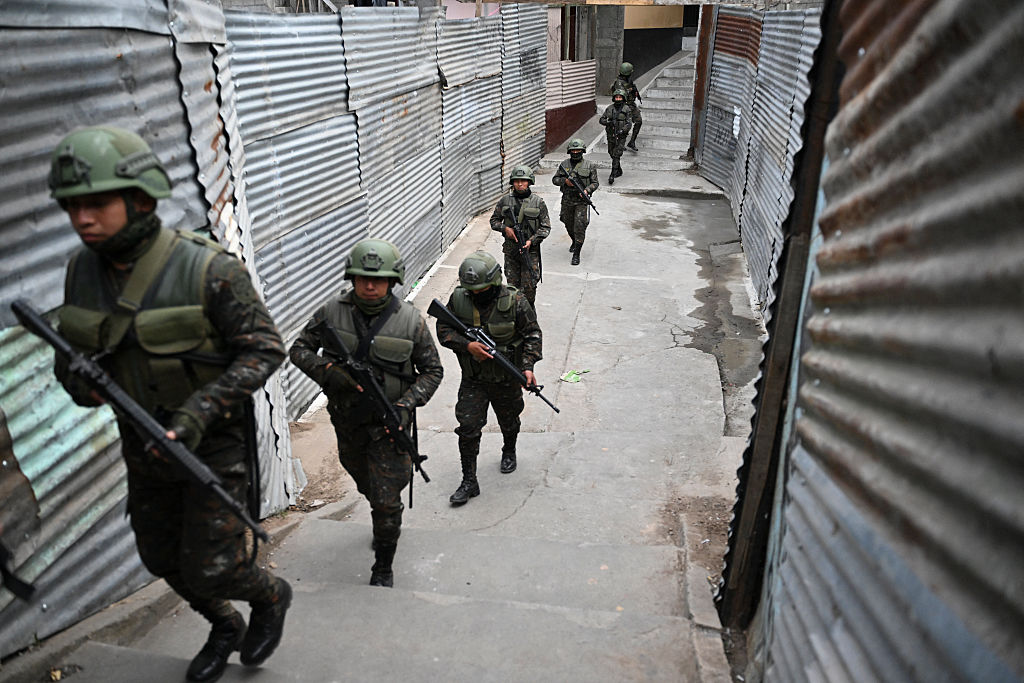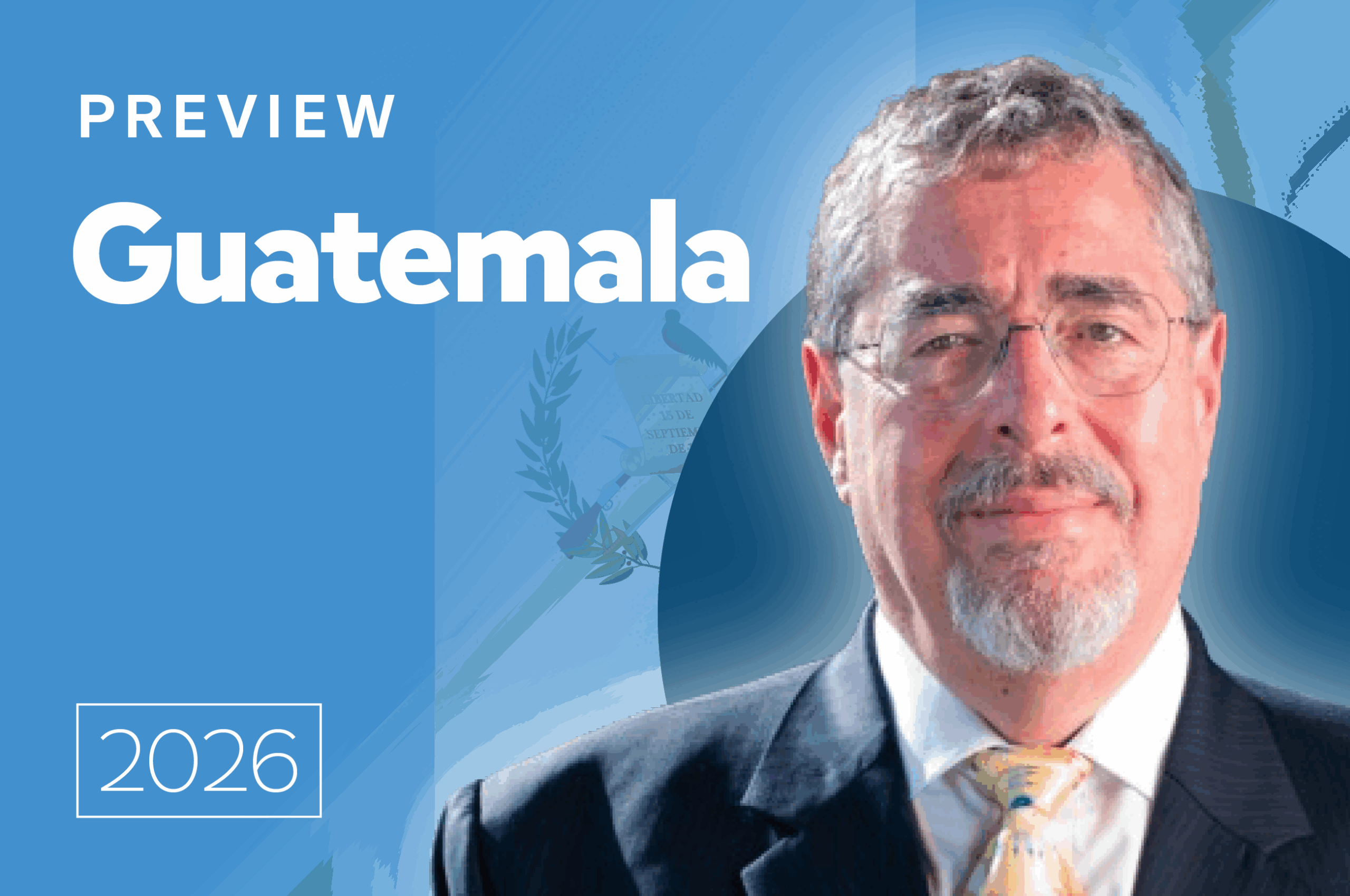Justice in Guatemala
Justice in Guatemala
When President-elect Otto Pérez Molina takes office on January 14, he will encounter a judicial system that has made substantial improvements, though challenges remain.
Guatemala’s judicial system is on the upswing. In 2011, the Public Ministry made notable strides in the fight against organized crime and political corruption through the leadership of Claudia Paz y Paz—a new and competent attorney general who took over in December 2010—and the continued support of the United Nations sponsored Commission against Impunity in Guatemala (CICIG). President-elect Otto Pérez Molina, who assumes office on January 14, must ensure the continuity of these efforts.
Most visible is the crackdown on drug traffickers. Nestled up against Mexico’s southern border, a combination of geography and notoriously weak state capacity makes the country an ideal place for drug cartels to do business. These groups have linked up with homegrown criminal organizations and expanded operations in recent years, making Guatemala a major transshipment point for heroin, methamphetamines and cocaine destined for the United States (75 percent of U.S. bound cocaine now passes through Guatemala).
After decades of inaction, the Public Ministry is finally chipping away at these organizations. In just a year, it managed to capture five of the country’s 10 most wanted drug traffickers, including members of the powerful Lorenzana and Overdick clans. Several hundred others connected to the Zetas and the Sinaloa cartel were arrested, and a handful of homegrown thugs were extradited to the United States. By the end of 2011, public prosecutors had solved five times more cases than in 2007.
They also made significant progress in combating official corruption. Starting in her own office, Paz y Paz began a wholesale overhaul of the Public Ministry, writing up formal complaints and suspending and firing over 100 prosecutors. Most recently, in November 2011, authorities issued arrest warrants for Gloria Torres—the sister of former first lady and (brief) presidential candidate Sandra Torres—and two of her daughters for laundering over $3 million in government contracts from 2005 to 2010. The arrests sent a clear message about Paz y Paz’s independence from the administration of President Álvaro Colom and his Unidad Nacional de la Esperanza party just months before President-elect Otto Pérez Molina and his Partido Patriota take office.
Most remarkably, the attorney general has begun to take on crimes of the past from both sides of the political spectrum, investigating war crimes by both former military officers and guerrilla fighters during the civil war (1960–1996). While the gains here are less impressive than in other areas—only four ex-soldiers have been convicted so far—it is historic in Guatemala to see any investigation into abuses during the 36-year conflict. No perpetrator of any of the civil war’s 626 massacres had been prosecuted in a court of law until about a year ago. Now, Héctor Mario López Fuentes, a former military chief of staff, sits in jail while awaiting trial for allegedly ordering the murder of hundreds of Indigenous civilians.
Read the full article at www.AmericasQuarterly.org.
Natalie Kitroeff is a research associate in the Latin America Studies program at the Council on Foreign Relations.








